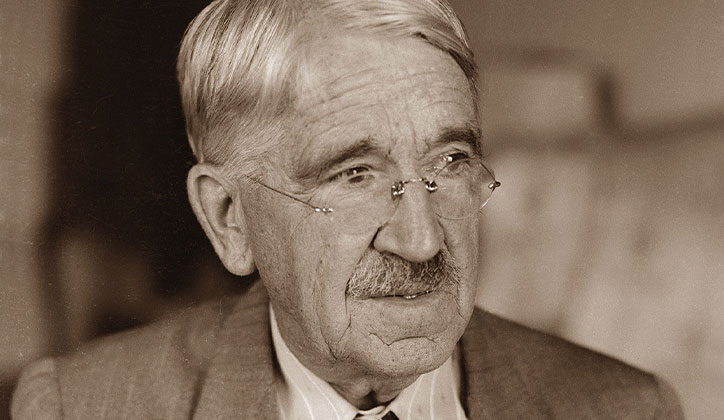Abstract
Missionary strategies impact the attainment of goals and growth. The fundamental concern for Christian missions ought to be how knowledge is gained and utilized in evangelism and church growth. Christian missions must determine appropriate means to achieve the telos of fulfilling the Great Commission, making disciples, and teaching them to obey all of Christ’s commands. Some missiologists and theologians emphasize the means of missions, while others focus on the end goal of church growth. The Church Growth Movement emphasizes the telos of efficiency in instrumental and experiential church growth, which can be measured and reproduced efficiently by employing pragmatic tools. This article will establish that the Church Growth Movement is indivisible from John Dewey’s philosophy of pragmatism, which had an observable impact on notable Church Growth scholars Donald McGavran and C. Peter Wagner. Dewey’s emphasis on instrumentalism and experiential pragmatism shaped the methodology of the Church Growth Movement, utilizing principles of Wagner’s consecrated pragmatism and evidence-based growth practices in fulfilling the Great Commission.





